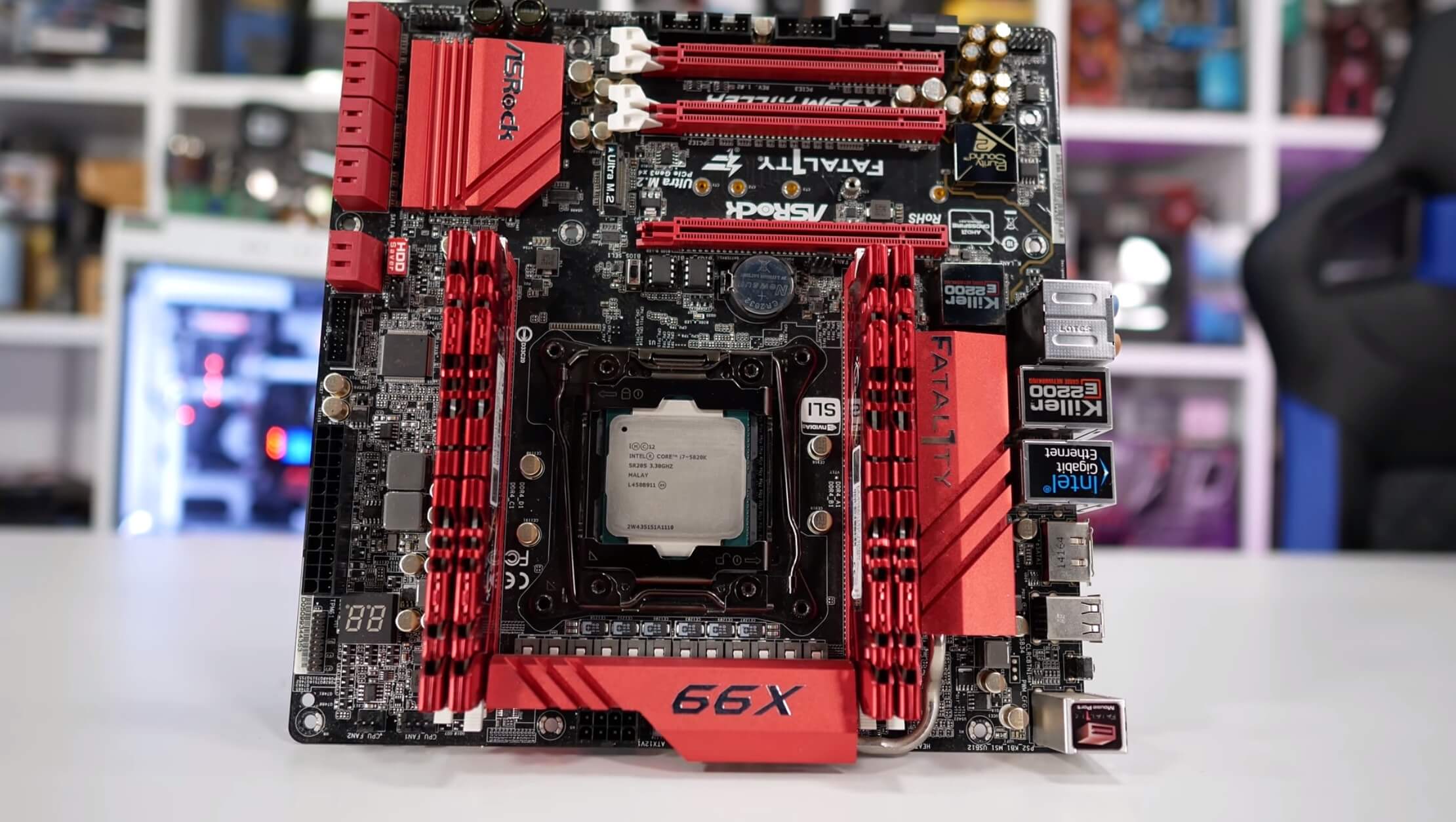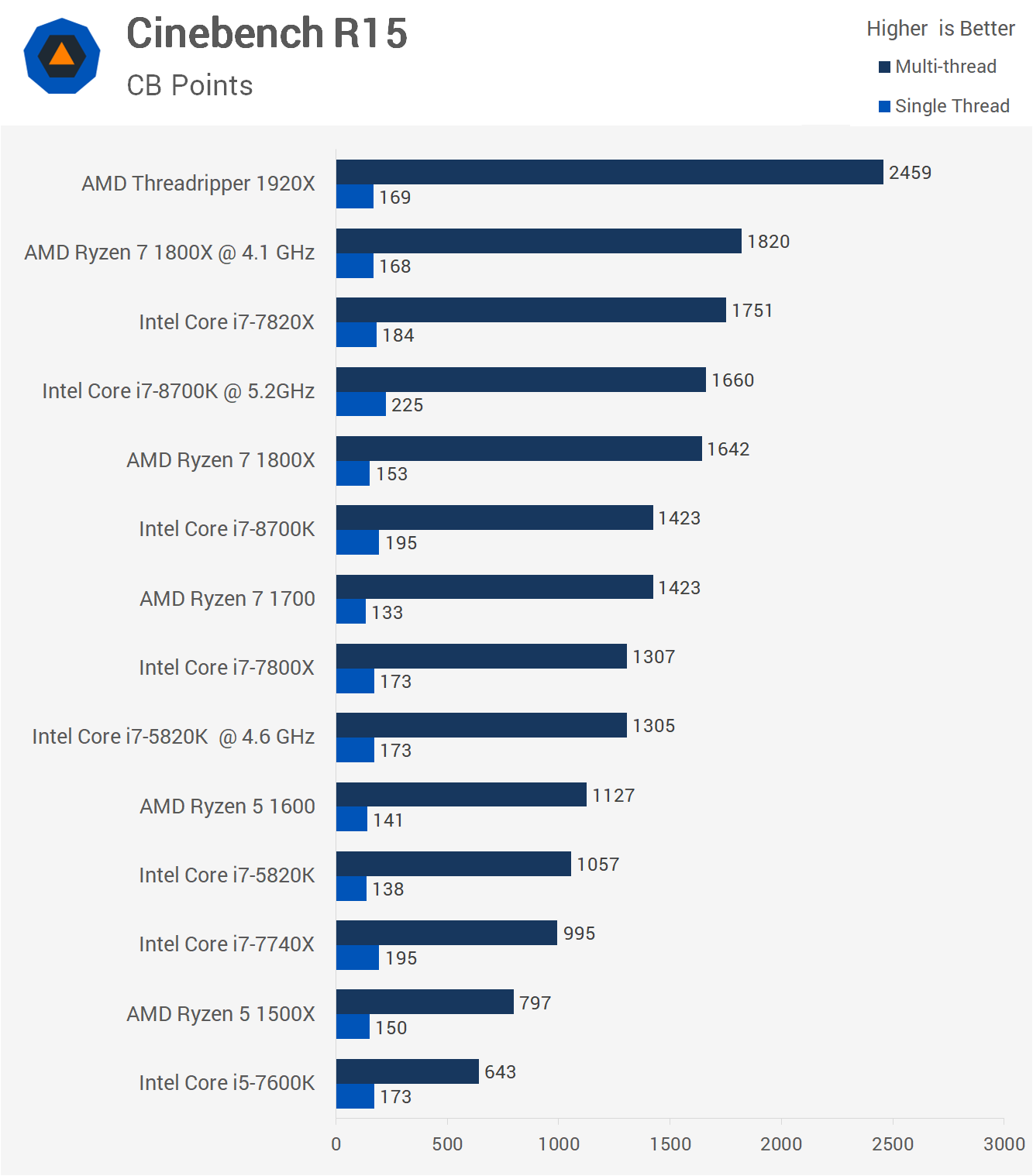Released in August 2014 for an inexpensive $390 -- the most low priced Haswell-E processor to be had at the time -- Intel's hexa-center Core i7-5820K has tested famous amongst enthusiast builders over the years and it is about time we see how it compares towards more contemporary CPUs.
Today, the chip may be purchased for almost 1/2 the price it at the beginning fetched and we managed to locate one online for round $two hundred, which seems to be approximately the going fee.
By default, the 5820K works at a base frequency of three.3GHz however depending on the workload it is able to boost up to a few.6GHz (a slight increase, admittedly) and it also packs 15MB of L3 cache alongside 1.5MB of L2 cache, which become a sizeable increase over the mainstream Core i7 range back in 2014.

Although the chip is pin-well suited with the preceding-era Ivy Bridge-E and Sandy Bridge-E forums, we got an upgraded socket, LGA2011v3. The socket alternate was really justified this time seeing as Haswell-E saw the adoption of DDR4 memory on Intel's excessive-quit desktop platform. As changed into the case with preceding generations, quad-channel memory aid remained and the reputable spec referred to as for DDR4-2133.
Since the release of the 5820K, we noticed the 6800K jack this class's rate up to well over $four hundred after which ultimate year the 7800X went go into reverse to $390. Of direction, 2017 also introduced the Ryzen 5 1600 for $200 and the eight middle/16 thread R7 1700 which may be had for $290. Intel's high-end computer platform really faced a few actual competition in 2017, some thing it is in no way sincerely seen.
Our focus could be on gaming for this retest and the aim is to accomplish matters: 1) to reveal the ones of you currently the use of a 5820K what advantages there may be to upgrading, and a pair of) to offer second-hand customers with statistics on whether or not the 5820K and an accompanying X99 motherboard are well worth snapping up -- $two hundred for the 5820K plus $80-$one hundred for a helping motherboard looks as if a super price on paper.

What we can say upfront is that if you're mainly gaming on the 5820K proper now, it's likely not worth leaping ship for the 8700K and it makes more sense to wait given what we saw from our latest retest of the Haswell-based 4770K.
Clock for clock, at 4.8GHz the 4770K changed into simply 15% slower at 1080p the usage of medium high-quality settings with a GeForce GTX 1080 Ti. On maximum pleasant, that margin became reduced to simply 10% which fell in addition to four% while growing the GPU workload to 1440p.
Although we don't expect to locate a good deal distinction with the 5820K, you guys nonetheless love benchmark consequences and so will we, so we may not permit that little fact stop us. For trying out, we paired the 5820K with quad-channel DDR4-2666 reminiscence and that's the highest reminiscence velocity our processor could work with, as a minimum with the sticks we've to be had. The 4770K become examined with DDR3-2400 memory and the 8700K with DDR4-3200 reminiscence.
Before we get to the gaming outcomes, we've got some Cinebench R15 scores in conjunction with a few Corona benchmarks and electricity consumption figures.
Benchmarks

First up, a quick observe anybody's preferred rendering benchmark, Cinebench R15. Here the inventory 5820K scored 6% decrease than that of the R5 1600 and the Ryzen CPU posted a higher unmarried thread result as nicely. Overall even though, they weren't considerably exceptional. Once overclocked, the 5820K hit 1305 pts and that positioned it on par with the stock 7800X and a whopping 21% in the back of the overclocked 8700K.
If you're wanting to growth productiveness, the 8700K will offer major gains, although you're higher off with a Skylake-X processor consisting of the 7820X or perhaps a Ryzen 7 CPU.

Here's a have a look at the Corona consequences and we see that the 5820K is once more simplest capable of fit the 7800X once overclocked, even though in this test it does pull nicely beforehand of the Ryzen 5 1600 and nearly catches the R7 1700. Still, even overclocked the 5820K turned into 10% slower than the stock 8700K and 24% slower as soon as the eighth gen processor is overclocked.

Lastly, before leaping into the gaming effects here is a short study power consumption. At inventory, the 5820K consumes barely more strength than the 8700K and 12-core/24-thread Threadripper 1920X, but much less than the 7800X. Once overclocked, the growing older chip fed on the equal 270 watts as the 5.2GHz 8700K, so nothing too extreme but at four.6GHz the 5820K starts to get pretty strength hungry.
0 Response to "6-core/12-thread Core i7 for $200 i7-5820K Revisited"
Post a Comment